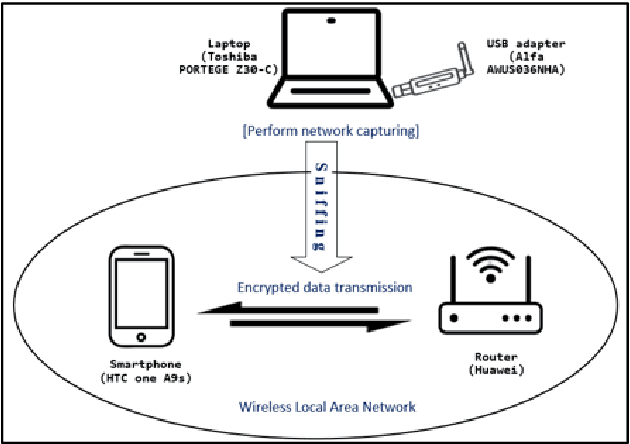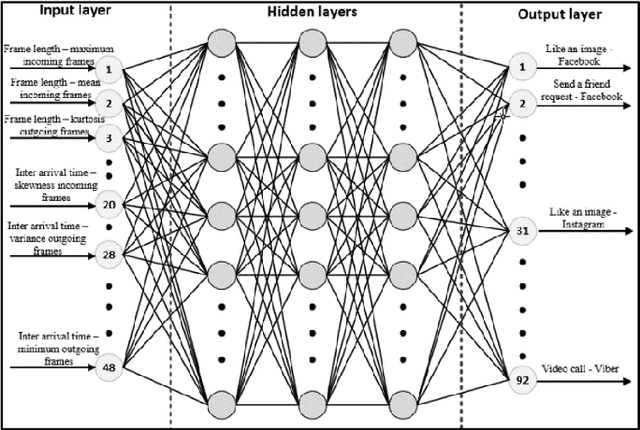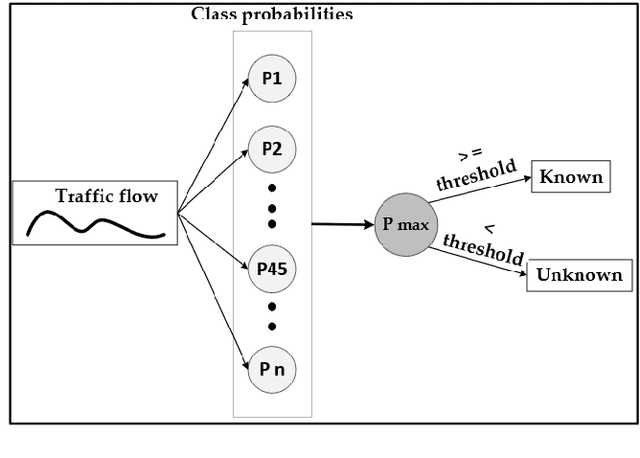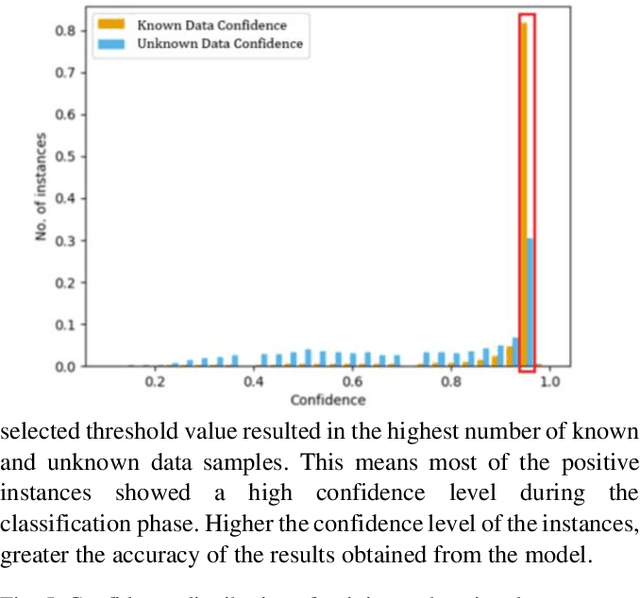Safak Dogan
Audio Deepfake Detection at the First Greeting: "Hi!"
Jan 27, 2026Abstract:This paper focuses on audio deepfake detection under real-world communication degradations, with an emphasis on ultra-short inputs (0.5-2.0s), targeting the capability to detect synthetic speech at a conversation opening, e.g., when a scammer says "Hi." We propose Short-MGAA (S-MGAA), a novel lightweight extension of Multi-Granularity Adaptive Time-Frequency Attention, designed to enhance discriminative representation learning for short, degraded inputs subjected to communication processing and perturbations. The S-MGAA integrates two tailored modules: a Pixel-Channel Enhanced Module (PCEM) that amplifies fine-grained time-frequency saliency, and a Frequency Compensation Enhanced Module (FCEM) to supplement limited temporal evidence via multi-scale frequency modeling and adaptive frequency-temporal interaction. Extensive experiments demonstrate that S-MGAA consistently surpasses nine state-of-the-art baselines while achieving strong robustness to degradations and favorable efficiency-accuracy trade-offs, including low RTF, competitive GFLOPs, compact parameters, and reduced training cost, highlighting its strong potential for real-time deployment in communication systems and edge devices.
Benchmarking Audio Deepfake Detection Robustness in Real-world Communication Scenarios
Apr 16, 2025Abstract:Existing Audio Deepfake Detection (ADD) systems often struggle to generalise effectively due to the significantly degraded audio quality caused by audio codec compression and channel transmission effects in real-world communication scenarios. To address this challenge, we developed a rigorous benchmark to evaluate ADD system performance under such scenarios. We introduced ADD-C, a new test dataset to evaluate the robustness of ADD systems under diverse communication conditions, including different combinations of audio codecs for compression and Packet Loss Rates (PLR). Benchmarking on three baseline ADD models with the ADD-C dataset demonstrated a significant decline in robustness under such conditions. A novel data augmentation strategy was proposed to improve the robustness of ADD systems. Experimental results demonstrated that the proposed approach increases the performance of ADD systems significantly with the proposed ADD-C dataset. Our benchmark can assist future efforts towards building practical and robustly generalisable ADD systems.
Deep Learning for Encrypted Traffic Classification and Unknown Data Detection
Mar 25, 2022



Abstract:Despite the widespread use of encryption techniques to provide confidentiality over Internet communications, mobile device users are still susceptible to privacy and security risks. In this paper, a new Deep Neural Network (DNN) based user activity detection framework is proposed to identify fine grained user activities performed on mobile applications (known as in-app activities) from a sniffed encrypted Internet traffic stream. One of the challenges is that there are countless applications, and it is practically impossible to collect and train a DNN model using all possible data from them. Therefore, in this work we exploit the probability distribution of DNN output layer to filter the data from applications that are not considered during the model training (i.e., unknown data). The proposed framework uses a time window based approach to divide the traffic flow of an activity into segments, so that in-app activities can be identified just by observing only a fraction of the activity related traffic. Our tests have shown that the DNN based framework has demonstrated an accuracy of 90% or above in identifying previously trained in-app activities and an average accuracy of 79% in identifying previously untrained in-app activity traffic as unknown data when this framework is employed.
 Add to Chrome
Add to Chrome Add to Firefox
Add to Firefox Add to Edge
Add to Edge